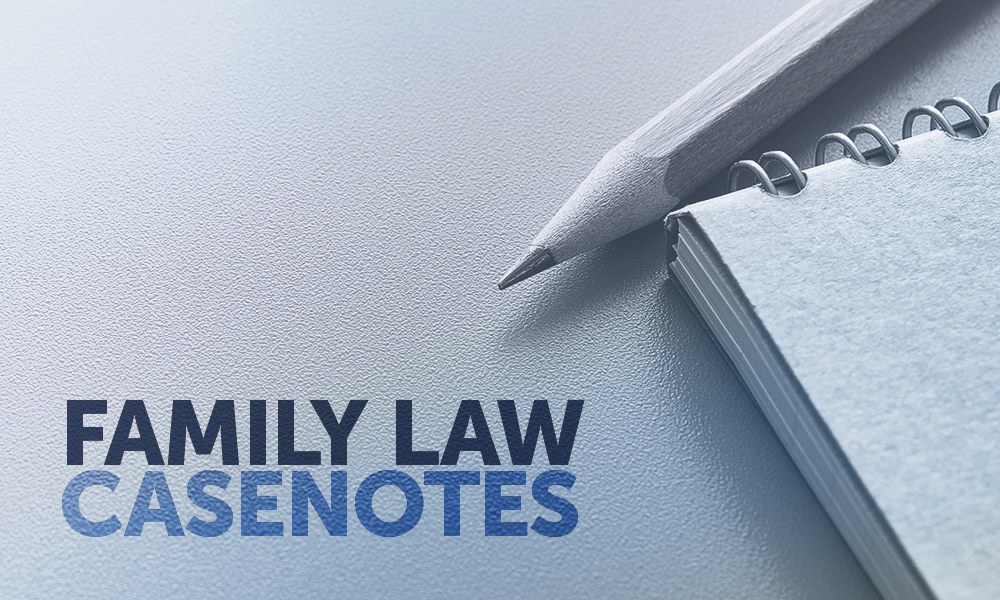…findings that witnesses were “unreliable”
In Davis & Peterson [2023] FedCFamC1A 13 (17 February 2023), the Full Court (Tree, Christie & Schonell JJ) allowed an appeal from a decision of Campton J where parents of a de facto husband owned two properties.
The parents fell into financial difficulty and made arrangements with their son (the de facto husband) and the de facto wife, whereby the couple paid out the parents’ mortgage and the properties were transferred into their joint names.
While the properties were valued at $825,000, the de facto husband and wife only paid the mortgage amount ($686,000). Stamp duty was paid by the parents and all rental income was paid to the parents ([11]).
The parents alleged that there was an agreement that the properties would be transferred back to them at their request. The de facto husband and wife held the properties on trust for them ([15]). The de facto husband agreed.
The de facto wife disputed that there was any trust.
At first instance the court rejected that there was a trust.
On appeal, the Full Court said (from [34]):
“Senior counsel for the appellants pointed to the complete absence of any evidence in the [de facto wife’s] … affidavit to establish a purchase of the properties. … [H]er affidavit demonstrated that she and the [de facto husband] … had done no more than take a mere transfer of the properties … (…)
[39] … [T]he primary judge was not satisfied that the appellants had discharged the onus of proof to establish a trust. Such conclusion was based primarily on credit findings but also upon adverse inferences drawn from the failure to call witnesses, documents that were said to be inconsistent with a trust [and] the absence of documents evidencing a trust … (…)
[47] … The common intention inferred from the conduct of the parties evidenced by the incontrovertible facts … led … to only one conclusion, … that the properties were held … on trust for the appellants.
Craig Nicol and Keleigh Robinson are co-editors of The Family Law Book. Both are accredited specialists in family law (Queensland and Victoria, respectively). The Family Law Book is a one-volume loose-leaf and online family law service (thefamilylawbook.com.au).








Share this article